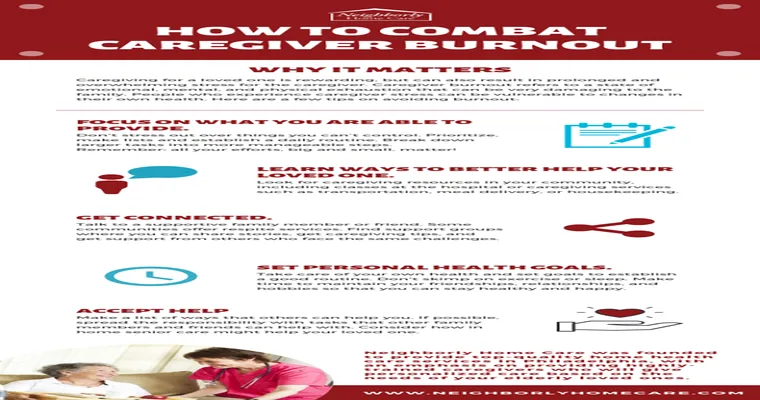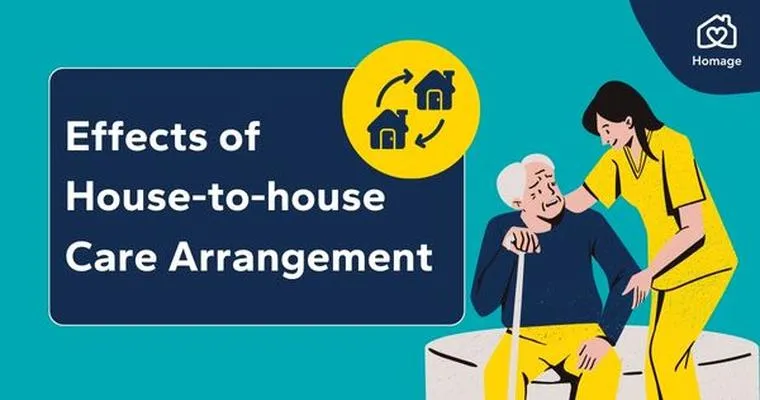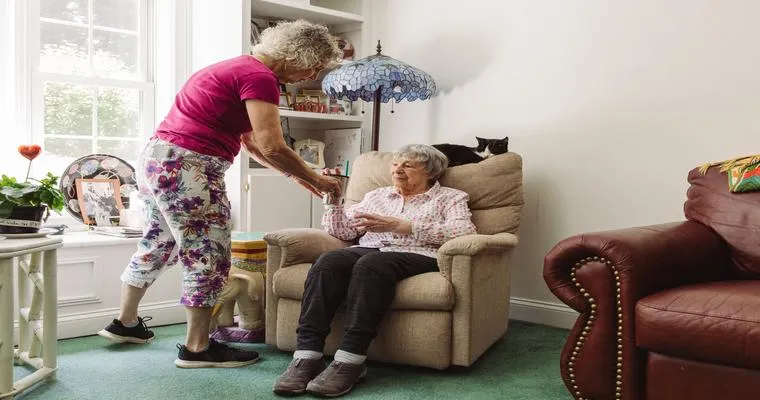Being a caregiver is a noble and fulfilling role, but it can also lead to "burnout", especially when you are constantly juggling the demands of your loved ones while neglecting your own "health". If you find yourself feeling overwhelmed, exhausted, and emotionally drained, you are not alone. Many caregivers experience these feelings as they pour their energy into caring for others without taking the necessary time to care for themselves. This article will explore the signs of caregiver burnout, its impact on your health, and practical steps you can take to reclaim your well-being.
Understanding Caregiver Burnout
Caregiver burnout is a state of physical, emotional, and mental exhaustion that can occur when you are caring for someone who is ill, disabled, or elderly. It often manifests as a feeling of being overwhelmed, frustrated, and depleted. The "stress" of caregiving can lead to serious health issues, including anxiety, depression, and chronic fatigue. Recognizing the signs of burnout is the first step towards addressing it. Common symptoms include:
"Chronic fatigue" and lack of energy
Feelings of hopelessness and frustration
Difficulty sleeping or insomnia
Withdrawal from social activities and relationships
Changes in appetite or weight
The Impact of Caregiver Burnout on Health
Ignoring the signs of burnout can lead to serious consequences for your "physical and mental health". Caregivers often put their own needs last, which can result in a host of health problems, including:
Weakened immune system
Increased risk of heart disease
Chronic pain or headaches
Gastrointestinal issues
Mental health disorders like anxiety and depression
Taking care of yourself is not a luxury; it is a necessity. When your health deteriorates, you may find it increasingly difficult to provide the level of care your loved one needs.
Strategies for Overcoming Caregiver Burnout
If you are feeling burnt out, it is crucial to take proactive steps to restore your well-being. Here are some effective strategies:
1. "Prioritize Self-Care": Allocate time each day for activities that rejuvenate you, whether it is reading a book, going for a walk, or practicing mindfulness.
2. "Seek Support": Connect with other caregivers or join a support group where you can share your feelings and experiences. Sometimes, simply talking to someone who understands can make a world of difference.
3. "Set Boundaries": Learn to say no when you are overwhelmed. It is okay to set limits on your caregiving responsibilities to protect your time and energy.
4. "Ask for Help": Don’t hesitate to reach out to family members or friends for assistance. You do not have to shoulder the burden alone.
5. "Consider Respite Care": Look into respite care options, which can provide temporary relief by allowing someone else to take over caregiving duties for a short period.
6. "Stay Active": Engage in regular physical activity, which can improve your mood and energy levels. Even a short daily walk can have significant benefits.
7. "Focus on Nutrition": Maintain a balanced diet to fuel your body and mind. Proper nutrition can greatly impact your energy levels and overall health.
Conclusion
Being a caregiver can be one of the most rewarding experiences in life, but it is crucial to recognize the signs of "burnout" and take steps to protect your own "health". By prioritizing self-care, seeking support, and setting boundaries, you can reduce stress and enhance your ability to care for your loved one. Remember, taking care of yourself is not selfish; it is essential for your well-being and the quality of care you provide. If you find yourself feeling overwhelmed, it is never too late to make changes that can lead to a healthier, more balanced life.





